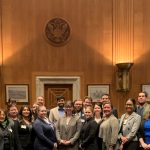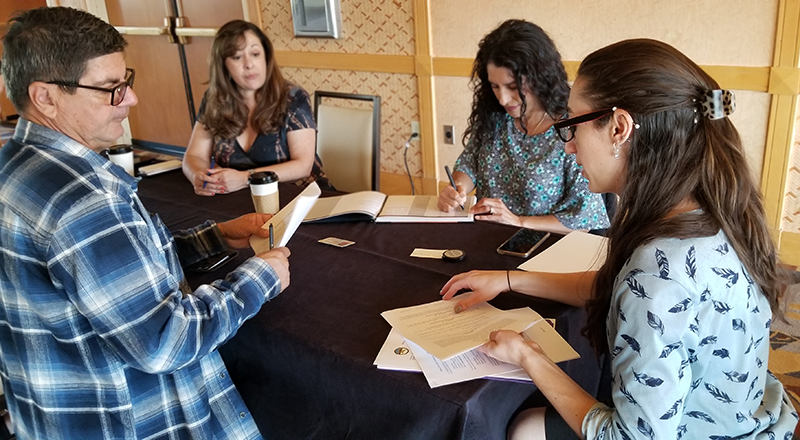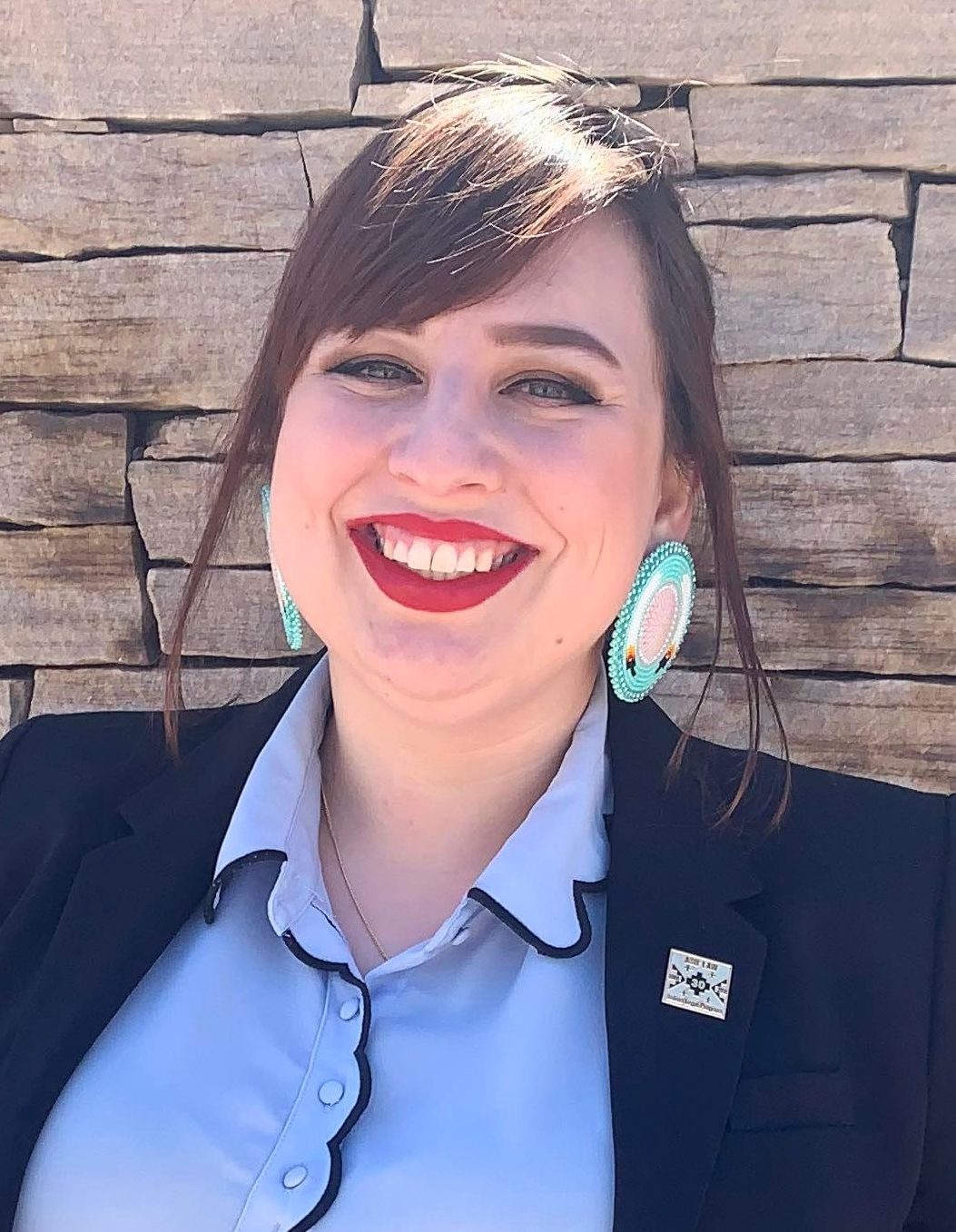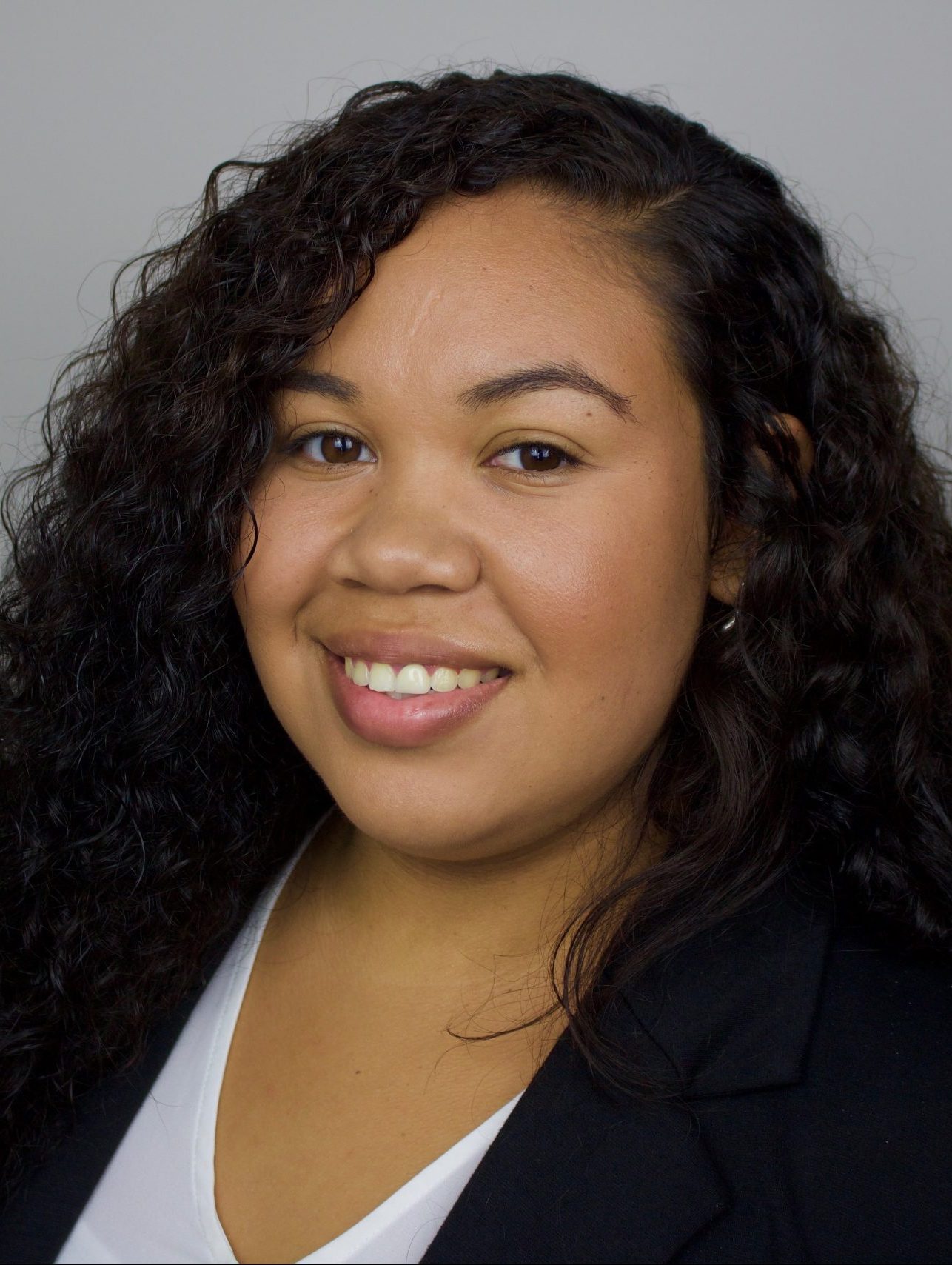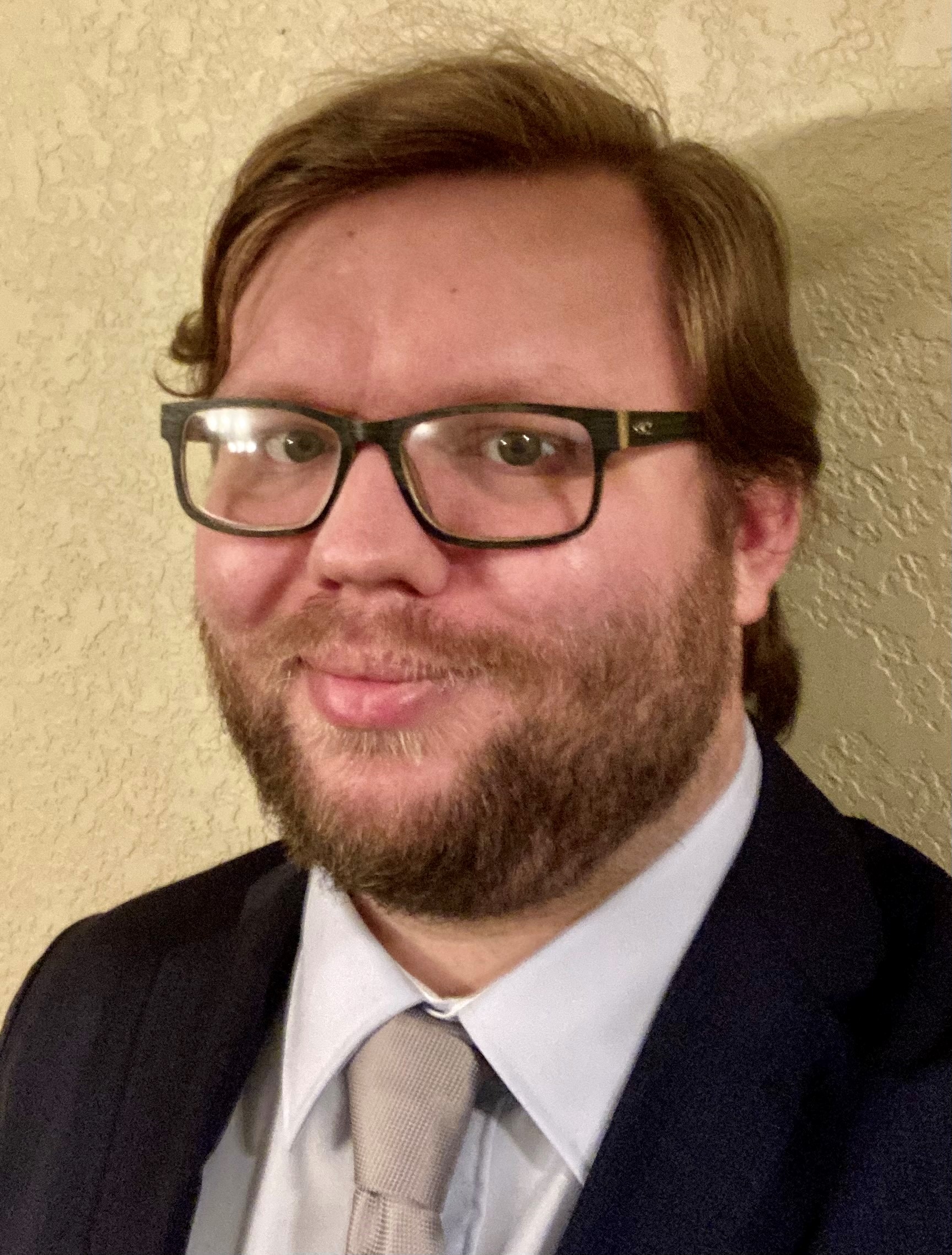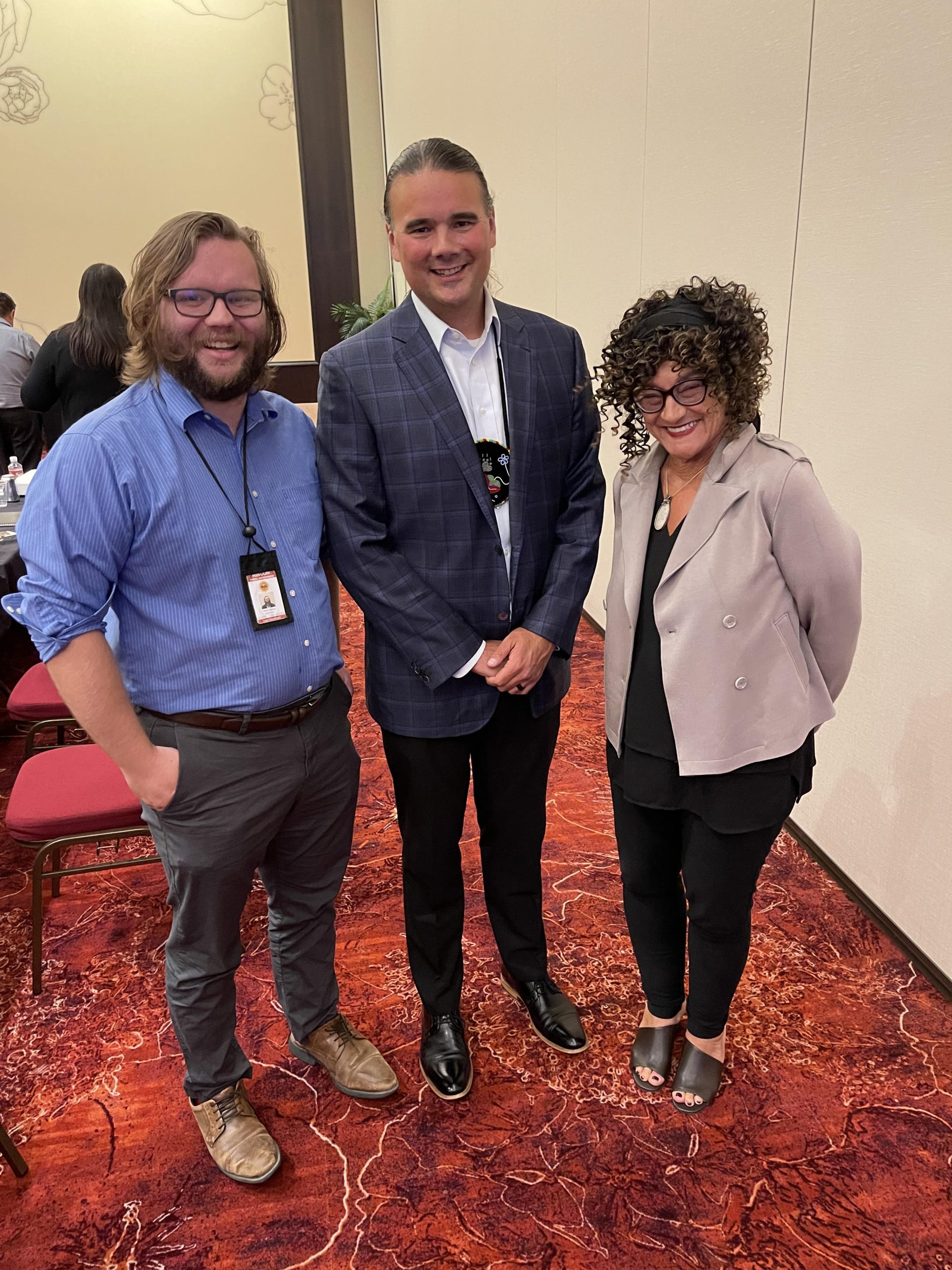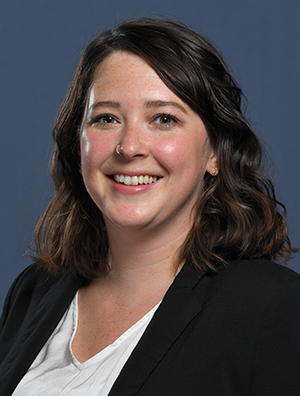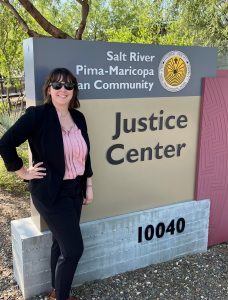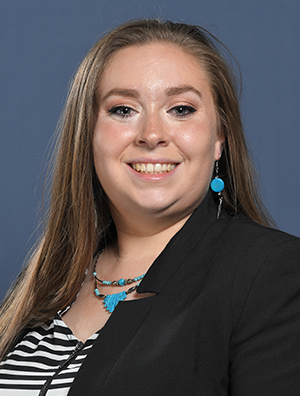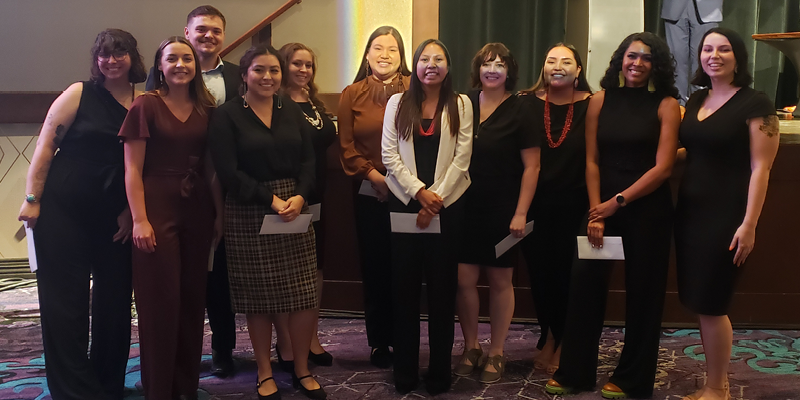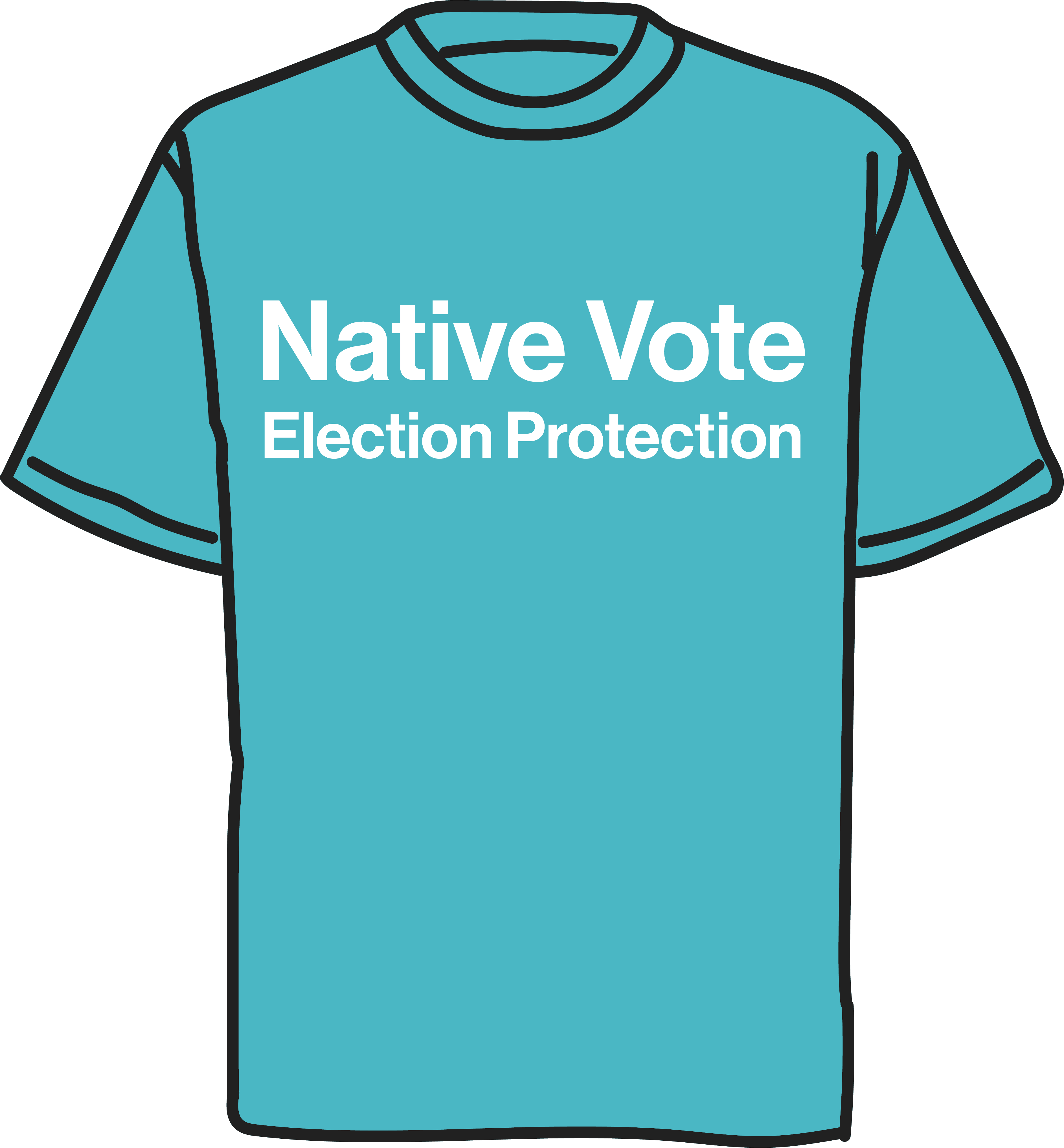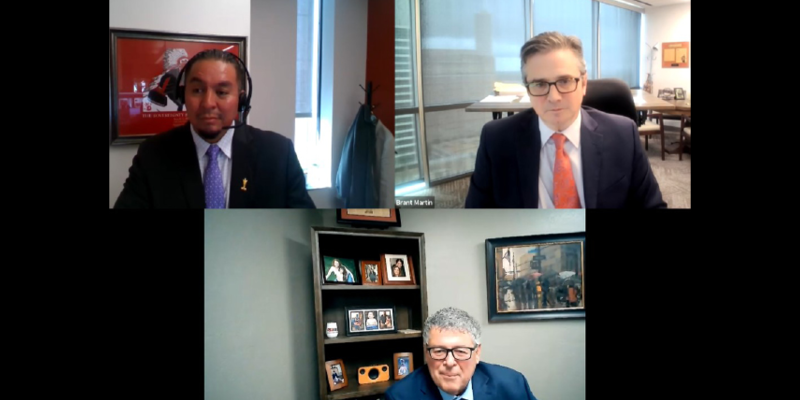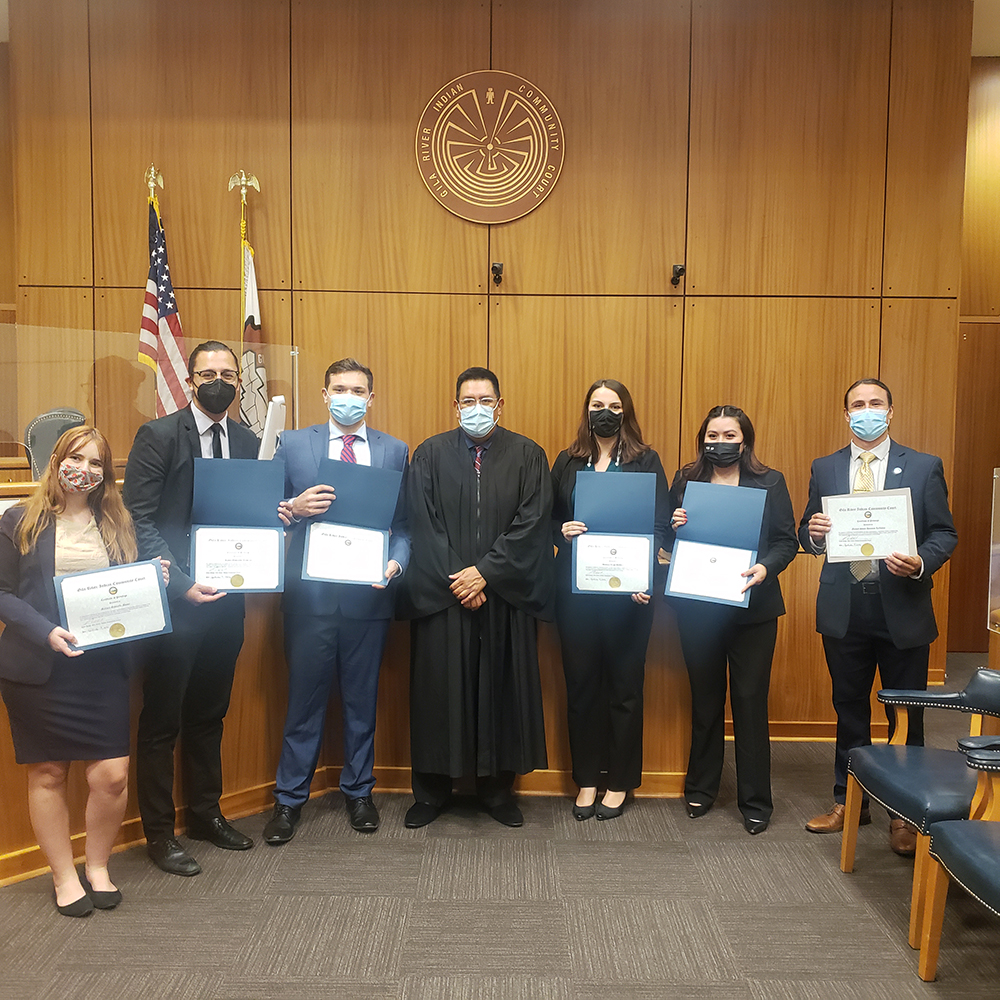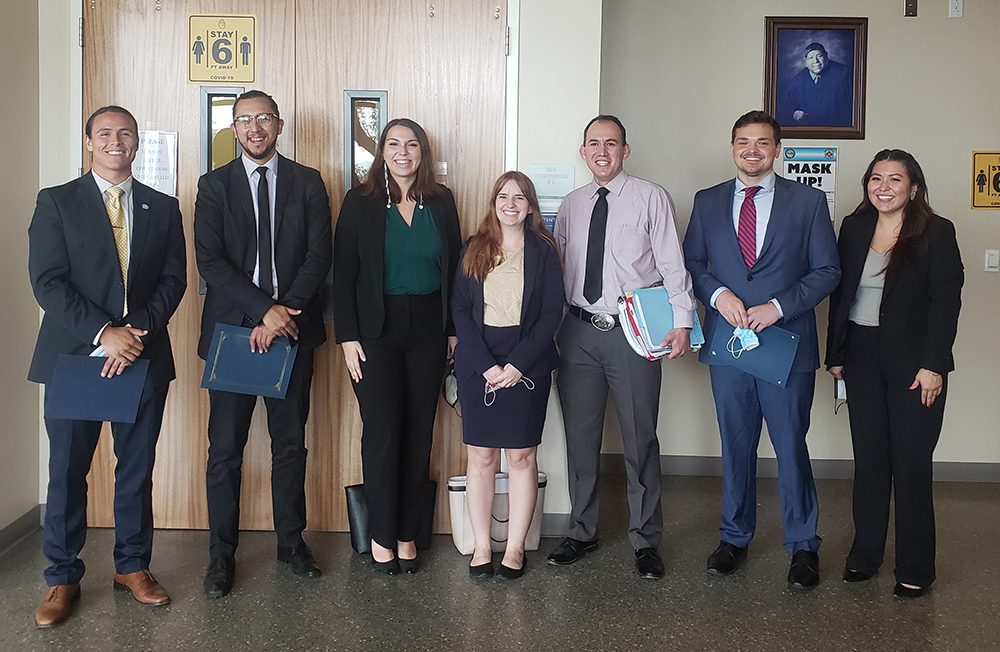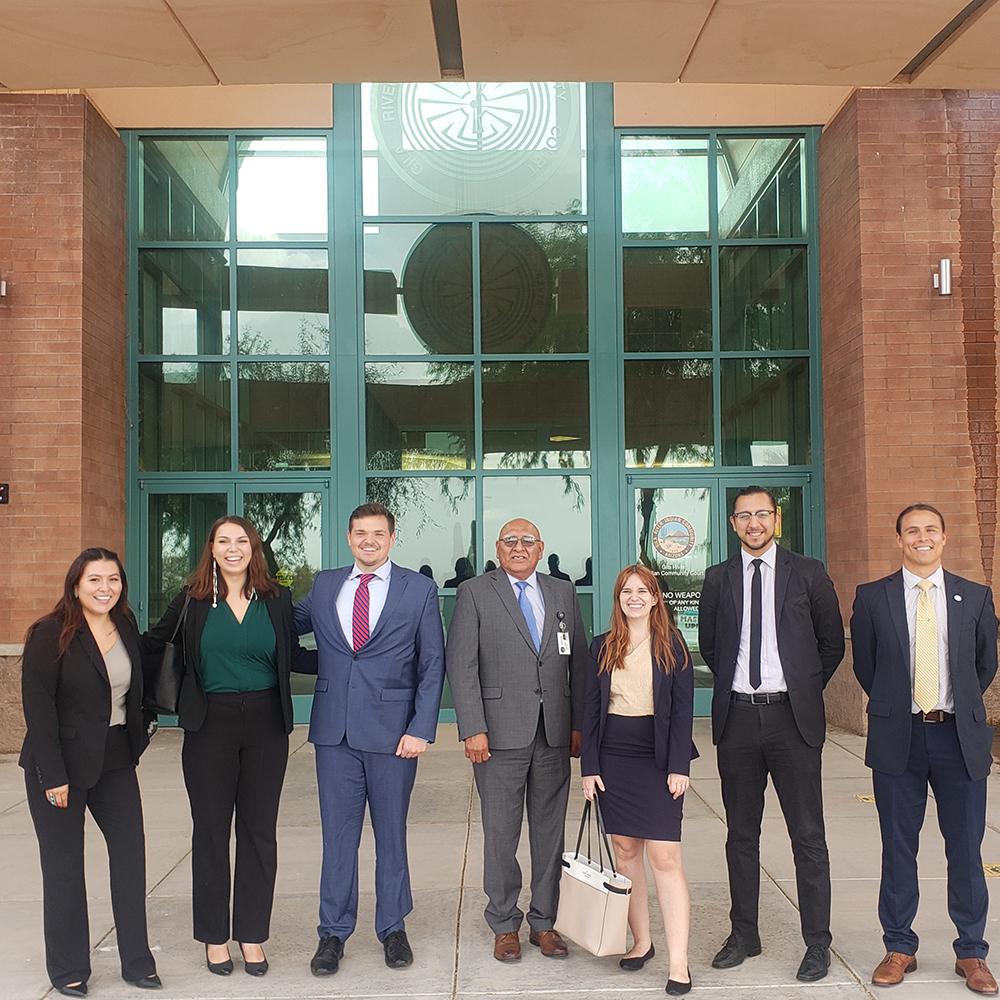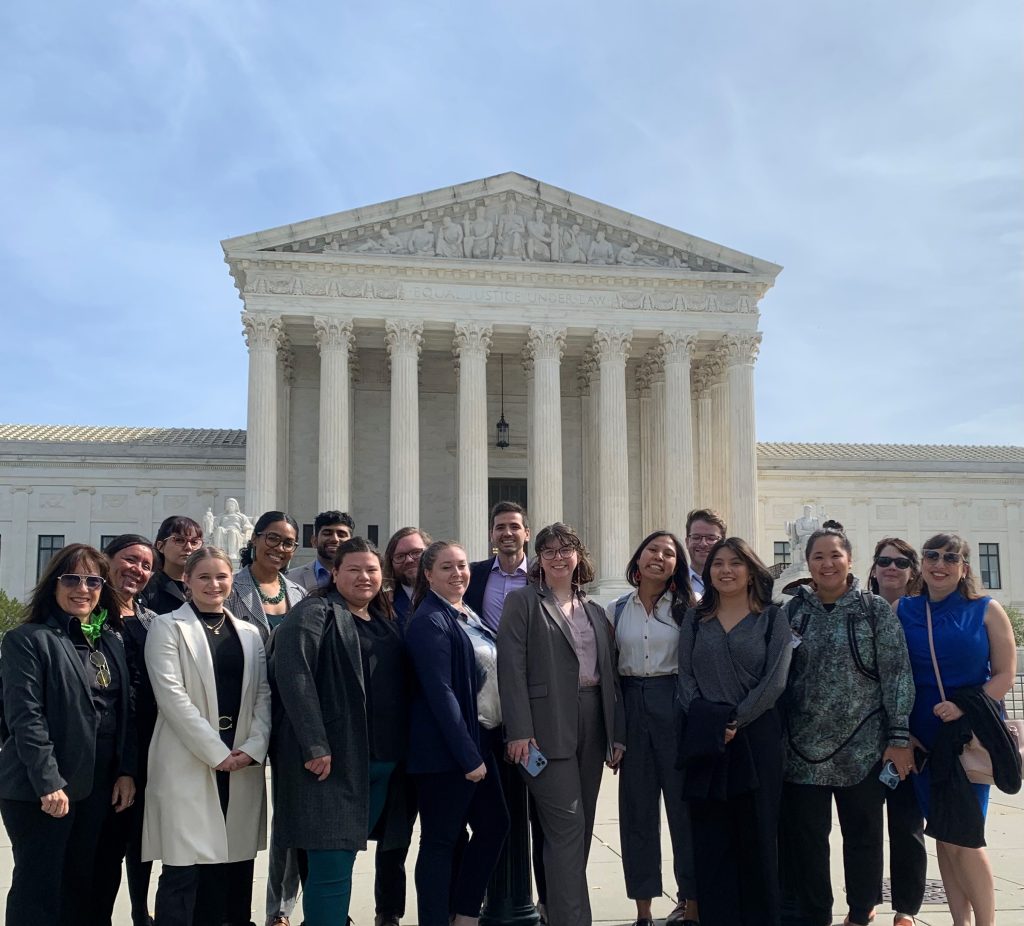
Last week, 17 students – 15 JD, 1 LLM and 1 MLS – in the Indian Legal Program (ILP) spent their fall break in Washington, D.C. for the “Federal Advocacy for the Tribal Client” traveling class. The students attended the week-long class taught by the ILP’s Indian Gaming and Tribal Self-Governance Director Derrick Beetso (’10) at the O’Connor Center. ILP hosted private practice attorneys: Brian Gunn of Powers Law, and Sam Hirsch, Leonard Powell, and Krystalyn Kinsel (’15) of Jenner & Block. Each attorney shared about their work on behalf of tribal clients and offered sage advice to the students. Thank you, Brian, Sam, Leonard, and Krystalyn! Thank you, D.C. ASU Law team – your hospitality and service is appreciated!
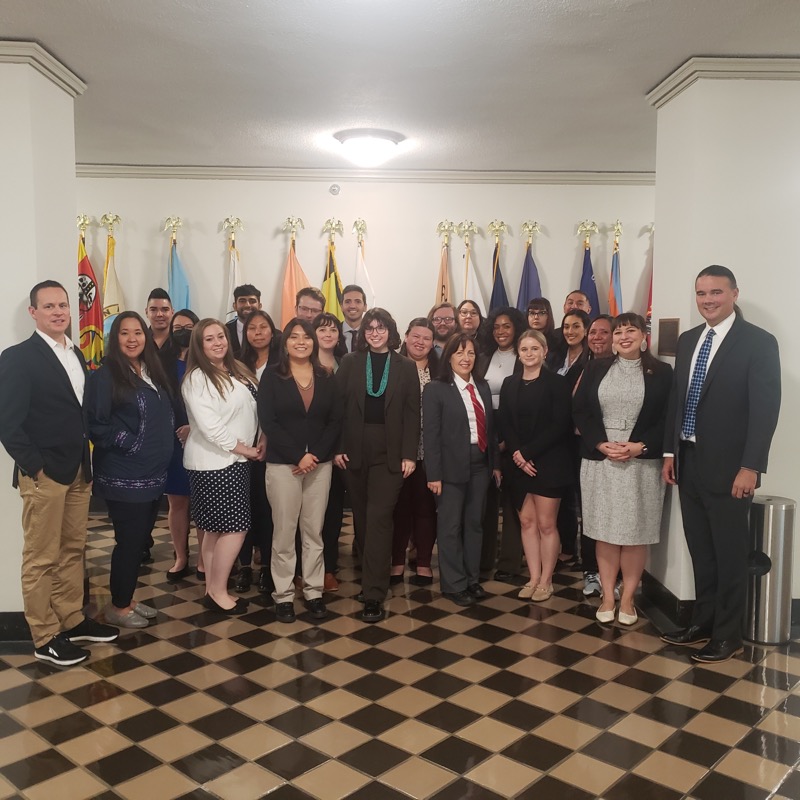
The week also included a visit to the Office of the Assistant Secretary-Indian Affairs, where students received encouragement and reaffirmance of their respective academic endeavors from Assistant Secretary for Indian Affairs, Bryan Newland. They also exchanged questions and comments with Deputy Assistant Secretary for Indian Energy and Economic Development, Kathryn Isom-Clause; Senior Counselor Stephanie Sfiridis (’16), Senior Advisor Tracy Canard Goodluck and Deputy Solicitor Joel Williams; and Special Assistant Joaquin Gallegos and connected virtually with Rose Petoskey, Senior Counselor. Thank you, AS-IA leadership team!
ILP students then visited the Senate Committee on Indian Affairs. Committee staff were extremely gracious with their time and their space as a group of bipartisan staffers, including Senior Counsel Breann Nu’uhiwa (LLM ’09), Deputy Staff Director Amber Ebarb, Counsel Connie Tsosie de Haro, Policy Advisors John Simermeyer and Jacqueline Bisillie (MLS ’14), and Staff Assistant Denae Benson, met with students and explained the Committee’s history, the work they do, and their perspectives on what it means to draft and pass laws that further tribal self-governance. The students also learned a lot about the important education the Committee provides across party lines and numerous issue areas through the work they do. Thank you, Senate Committee on Indian Affairs!
The students also enjoyed lunch with Samantha Kelty, Managing Staff Attorney, Morgan Saunders, Staff Attorney, and Denver Jacket, Paralegal, of the Native American Rights Fund’s (NARF) Washington, D.C. office. They learned about the important voting rights litigation, cultural protection, and appellate and Supreme Court briefing work they do. They also learned about the history of the oldest and largest national law firm dedicated to protecting Native rights. Thank you, NARF!
Finally, the students concluded their week with a terrific panel made up of Sun Devil ILP alums Rebecca Ross (’10), Senior Attorney, Indian Resources Section, Department of Justice; Rani Williams (‘18), Legislative Assistant, Congressmember Sharice Davids; and Jens Camp (’21), Associate, Hobbs Straus Dean & Walker, and ILP Advisory Council Member Larry Roberts, General Counsel, Mohegan Tribe. The panel shared career tips, discussed their legal work experience in Washington, D.C., and responded to questions with invaluable advice. Thank you, Larry, Rebecca, Rani, and Jens!





